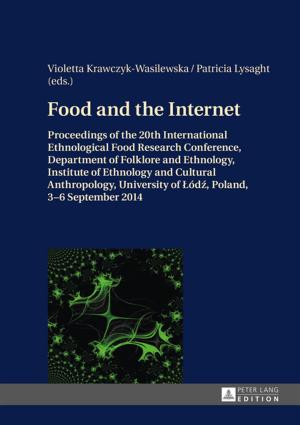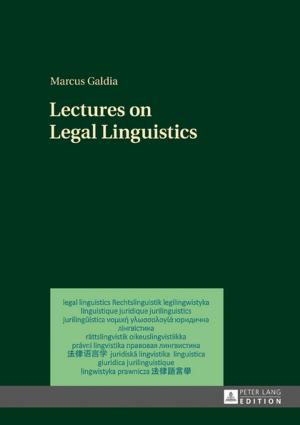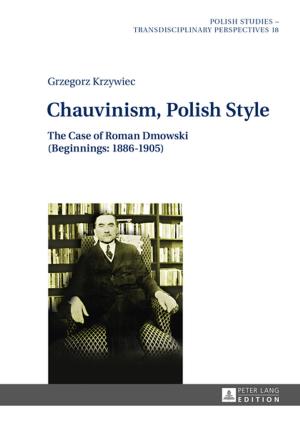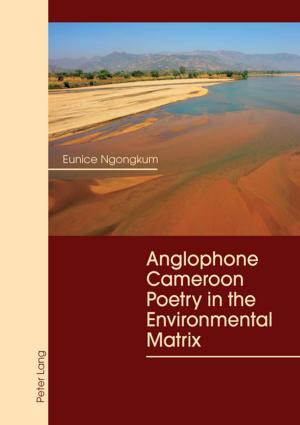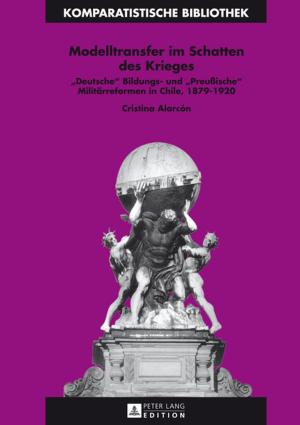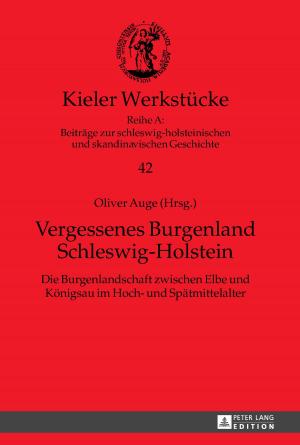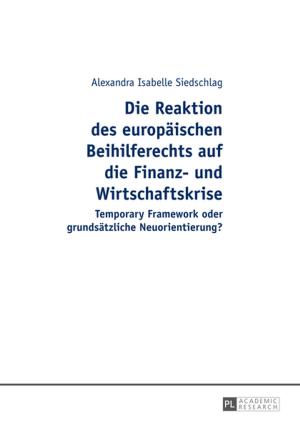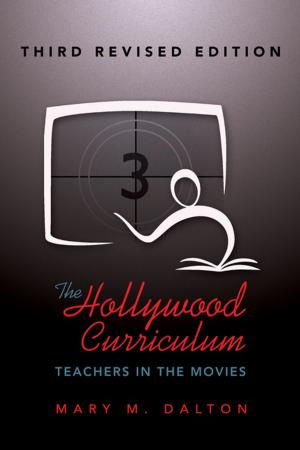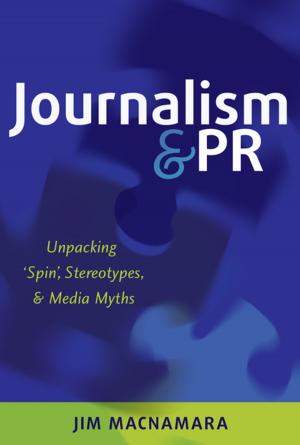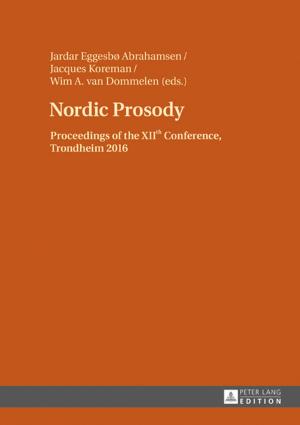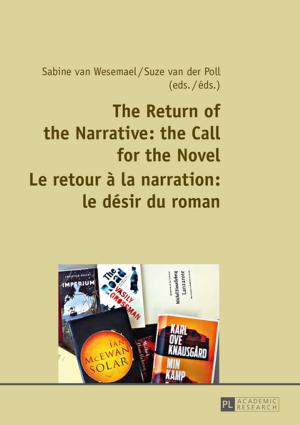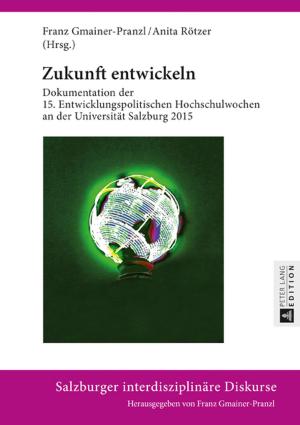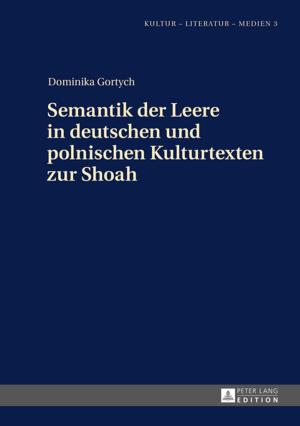«The Return of the Repressed»: Uncovering Family Secrets in Zolas Fiction
An Interpretation of Selected Novels
Fiction & Literature, Literary Theory & Criticism, French, European, Nonfiction, Reference & Language, Language Arts| Author: | Rita Oghia-Codsi | ISBN: | 9783035395587 |
| Publisher: | Peter Lang | Publication: | December 4, 2015 |
| Imprint: | Peter Lang AG, Internationaler Verlag der Wissenschaften | Language: | English |
| Author: | Rita Oghia-Codsi |
| ISBN: | 9783035395587 |
| Publisher: | Peter Lang |
| Publication: | December 4, 2015 |
| Imprint: | Peter Lang AG, Internationaler Verlag der Wissenschaften |
| Language: | English |
This book analyses one of the many levels of complexity not readily apparent to the reader of Zola’s fiction: the question of the author’s family secrets. The novels addressed here present a variety of sub-textual issues highlighting Zola’s sexual insecurity and anxiety. Their analysis reveals a mystery related to female sexuality that pervades the narratives of Thérèse Raquin and La Fortune des Rougon, and that is silently transmitted in Madeleine Férat, La Faute de l’Abbé Mouret, La Bête humaine, La Curée, Nana, Le Docteur Pascal and Vérité.
The novels are explored from the standpoint of psychoanalytical criticism, a tool particularly appropriate for examining Zola’s language and illuminating the recurrent theme of «the Return of the repressed». Four psychoanalytical theories are adopted: Nicolas Abraham’s and Maria Toroks’ theories of psychic development (presenting the concept of the phantom) and Sigmund Freud’s and Jacques Lacan’s theories of infantile sexuality.
This book analyses one of the many levels of complexity not readily apparent to the reader of Zola’s fiction: the question of the author’s family secrets. The novels addressed here present a variety of sub-textual issues highlighting Zola’s sexual insecurity and anxiety. Their analysis reveals a mystery related to female sexuality that pervades the narratives of Thérèse Raquin and La Fortune des Rougon, and that is silently transmitted in Madeleine Férat, La Faute de l’Abbé Mouret, La Bête humaine, La Curée, Nana, Le Docteur Pascal and Vérité.
The novels are explored from the standpoint of psychoanalytical criticism, a tool particularly appropriate for examining Zola’s language and illuminating the recurrent theme of «the Return of the repressed». Four psychoanalytical theories are adopted: Nicolas Abraham’s and Maria Toroks’ theories of psychic development (presenting the concept of the phantom) and Sigmund Freud’s and Jacques Lacan’s theories of infantile sexuality.

